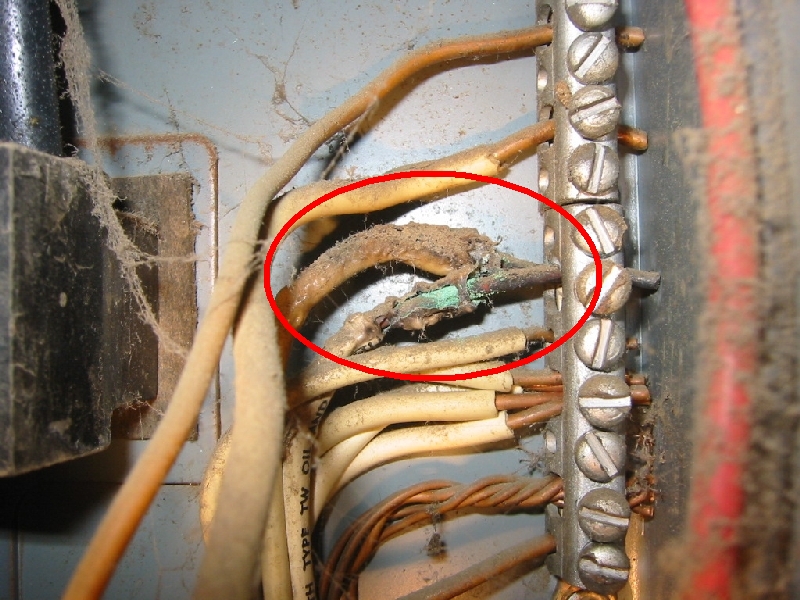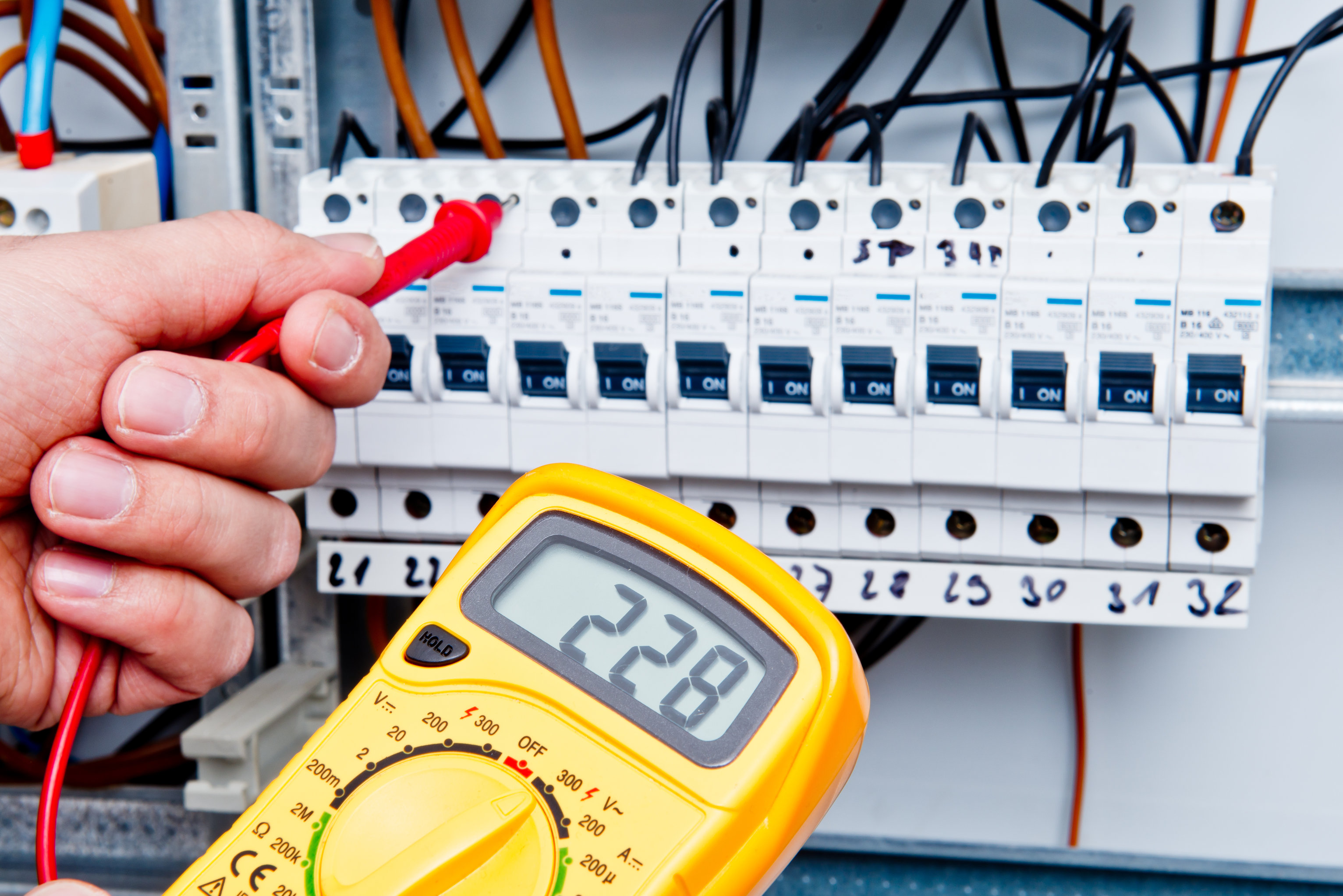
Sep
Home Electrical Inspections
As you probably know, there are certain moments in the life of your home when an electrical inspection will be required. These include the time of the initial electrical installation, before electricity can be supplied to the house; at the time of a permitted electrical upgrade; and at the time of a home purchase (as part of the four-point inspection required by nearly all home insurance companies). But even outside of these required times, a period home electrical inspection is a good idea to ensure that your electrical system is functioning safely and efficiently, in line with the standards set by the National Electrical Code (NEC). It’s an especially good idea to conduct an electrical inspection when you’re remodeling or adding a new electrical appliance, or if your home is over 40 years old.
Why Get A Home Electrical Inspection?
- It’s the law! Although home electrical inspections are only mandatory at certain moments (like new construction, permitted renovations/upgrades, and as required by insurance companies for home purchases), keeping your home in compliance with NEC standards is required by law at all times. In the city of Scranton, for instance, violations of the NEC code carry penalties of $200 to $600 per day!
- It helps prevent fires and electrocutions. The Electrical Safety Foundation (ESF) reports that electrical failures cause 43,900 home fires every year, resulting in 400 deaths, 1,400 injuries, and $1.5 billion in property damage. And the Consumer Product Safety Commission (CPSC) identifies small appliances plugged into inadequate/improper home wiring as the leading cause of accidental electrocutions. You can protect yourself from these hazards by routinely having your home electrical systems inspected to ensure everything is in proper condition.
- It saves you money. Outdated and inefficient electrical systems mean wasted energy. And wasted energy means wasted money. Ensuring that your home electrical systems are up-to-date and functioning properly will save you money in the long run.
What Does a Home Electrical Inspection Cover?
To make sure that your home electrical system is safe and efficient, your electrical inspector will check the following:
- Electrical Panels. Your inspector will ensure that your electrical panels are in good general condition, with matching breakers, no empty spaces, and proper wiring to meet your home’s needs, all with proper labels in place.
- Electrical Boxes and Switches. All electrical boxes and switches should be flush with the wall, large enough to accommodate the amount of wire in them, and properly covered.
- Wiring and Components. If your home makes use of outdated knob-and-tube or aluminum wiring, your electrical inspector will note these hazards and recommend upgrades. The inspector will also identify any outdated or degraded wiring and other electrical components, as well as wiring mistakes that may have been made by contractors or DIY homeowners.
- Bulbs and Extension Cords. Some of the biggest fire hazards are small matters—like using bulbs with the wrong wattage, overloading plugs with multiple extension cords, or failing to use surge protectors. Your home electrical inspector will identify these types of hazards and recommend safer solutions.
- Smoke and Carbon Monoxide Detectors. Fire and carbon monoxide poisoning represent significant home hazards. But the detectors that protect you from these hazards are only good if they’re working properly. Your electrical inspector will check to make sure smoke and carbon monoxide detectors are properly installed and functioning.
- Grounding and AFCIs. Whether in your main panel or in specific parts of your home (like the bathroom, kitchen, and garage), Arc Fault Circuit Interrupters (AFCIs) break the circuit when an electrical arc is detected, helping to prevent fires. And proper grounding protects against current fluctuations. Your electrical inspector will make sure these safety measures are in place.
- Appliances and Components. Electrical hazards may not be in your electrical system, but in the appliances and components you plug into it. Your electrical inspector will let you know if the things using electricity in your home are not functioning safely or efficiently.
- Checklist for Upgrades and Repairs. Once your home electrical inspection is complete, your electrical inspector will provide you with a detailed report prioritizing needed repairs and recommended upgrades. The result will be a safer and more energy-efficient home for you and your family.
